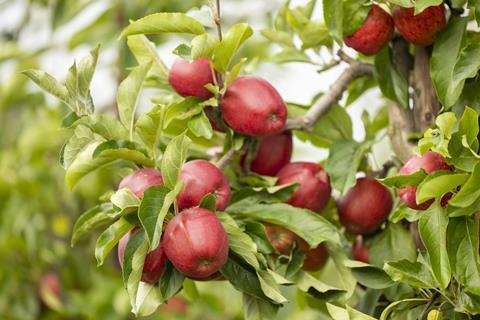
Almost half the apples sold in UK supermarkets were imported between the start of October and mid-November, despite it being the height of what was a bumper British apple season, new research has revealed.
Data for British Apples & Pears by research organisation Market Intelligence Services showed that 48% of apple packs on shelves had been imported across 13 separate retailers in the seven weeks to 14 November.
MIS, a subsidiary of the British Growers Association, found that even after excluding varieties that are not typically grown in the UK, only one supermarket – Iceland – sold 100% British packs during this period.
British apples did not have more than a 65% share across any of the six largest supermarkets during this period, with Asda only managing 23% and Morrisons only 53%.
“It’s peak British apple season, the supermarket shelves should be full of our amazing new season British fruit,” said Ali Capper, executive chair of British Apples & Pears. “However, retailers don’t seem to be listening to what consumers want.”
Fruit & veg in ‘crisis’ amid ‘endemic’ low returns to growers
Imported apples were coming from as far away as New Zealand and South Africa, as well as European countries including Italy, Spain, France and Belgium, Capper added.
“Why are we importing so much fruit, with the associated food miles, when British apples are at their peak?” she asked.
According to Capper, the data would make for “tough reading” for growers under “extraordinary inflationary pressures” who needed “supermarket support more than ever”.
“It’s time the supermarkets did more than talk about support for British farmers but demonstrated it by paying a fair price and packing their shelves with our amazing British produce.”
The research follows warnings by Capper last week that the fruit & veg sector was in “crisis” amid “endemic” low returns to growers, with some buyers delivering cuts in farmgate prices compared with last year – despite soaring production costs.
“Every grower I talk to is angry, they are up in arms about their returns,” Capper told The Grocer. “And even if they have had an increase [from retailers], it has been in the very low single digits, between 2% and 3%,” she said. “This is a proper crisis.”
Amid food supply chaos, self-sufficiency seems a forlorn hope
As a result, many growers were now reversing their investment plans. “Decisions made up to four years ago are now being rowed back,” she said, with “hundreds of thousands” of tree plantings being cancelled.
Her comments were echoed by the NFU this week, amid fears the financial crisis faced by growers and the wider food sector would ultimately affect the UK’s self-sufficiency.
“We have already seen the egg supply chain crippled under the pressure caused by these issues and I fear the country is sleepwalking into further food supply crises, with the future of British fruit & vegetable supplies in trouble,” said NFU president Minette Batters.
“We need government and the wider supply chain to act now – tomorrow could well be too late,” she added. She called for fair treatment and a commitment from government to lift the cap on the Seasonal Worker scheme to help meet the sector’s workforce needs.







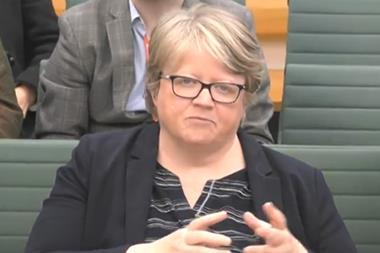
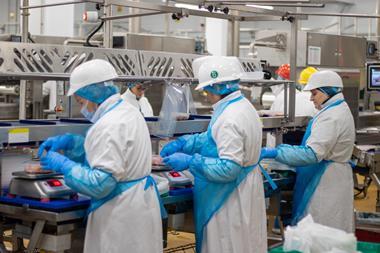
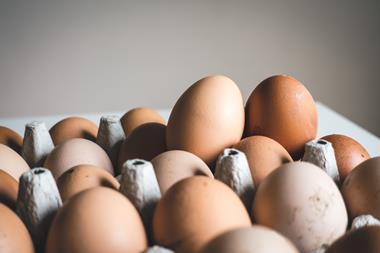
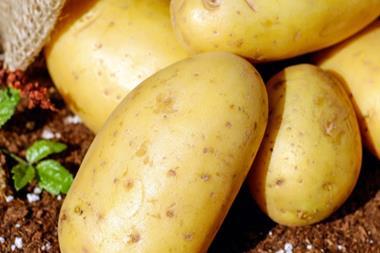
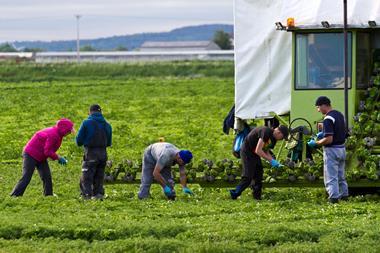

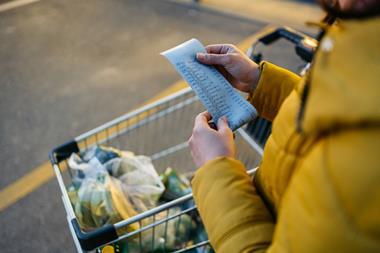





No comments yet